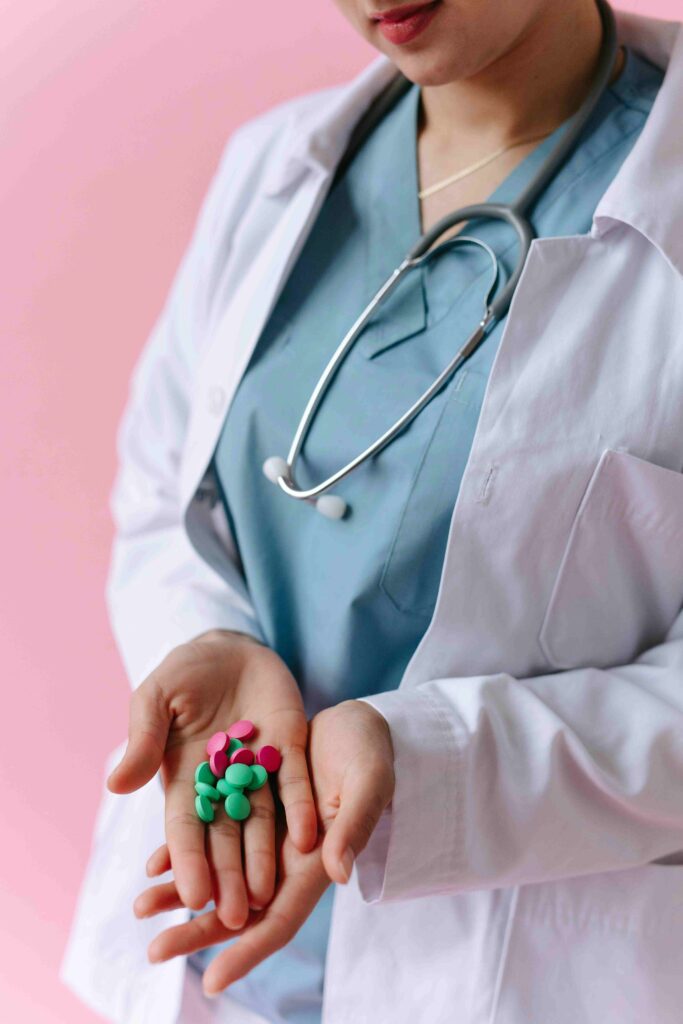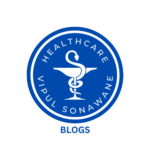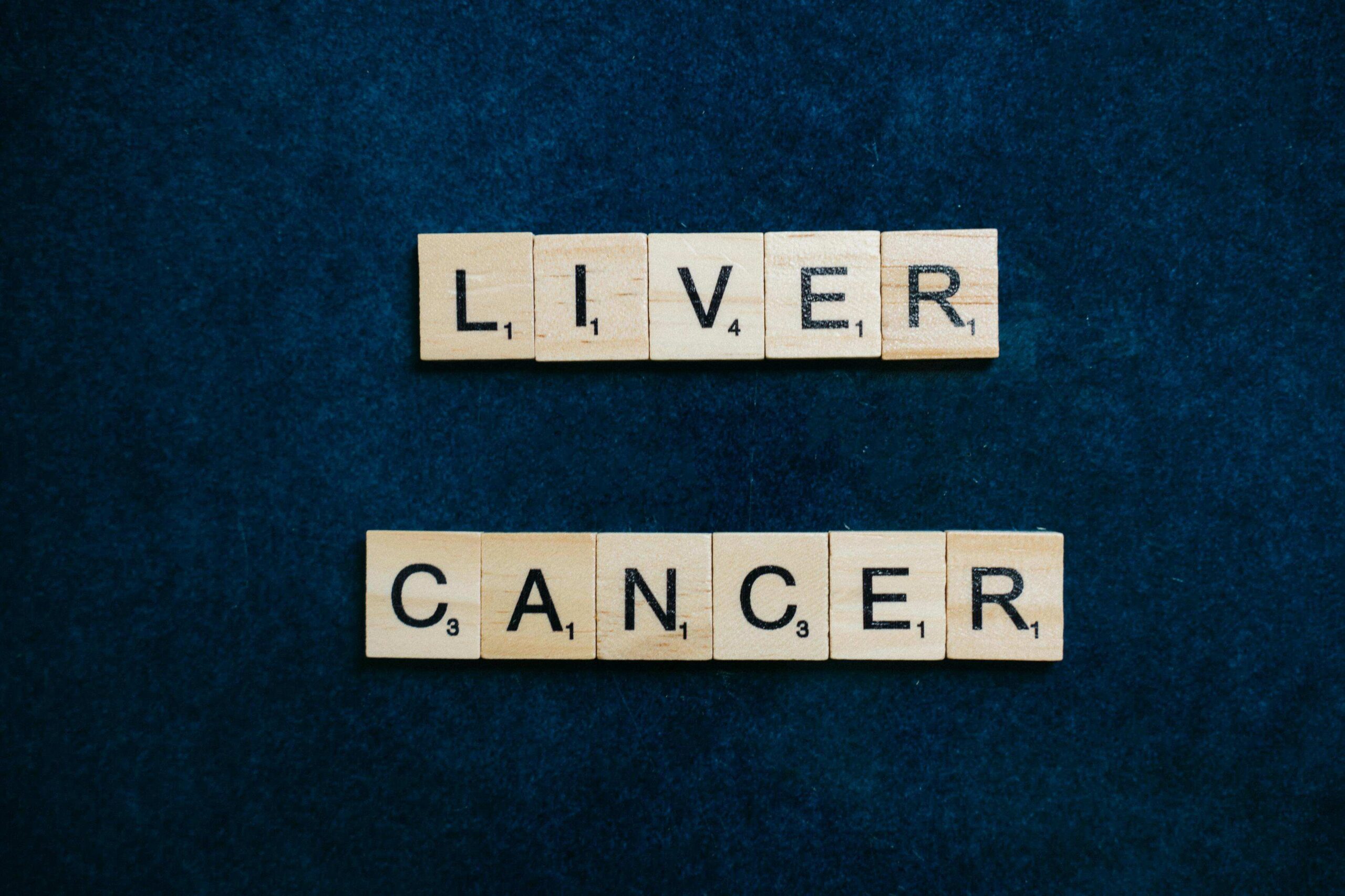INTRODUCTION
Table of Contents
Though not at the top of the list among cancers, liver cancer is a serious and deadly disease if left undisclosed. In general, tumours could be treated and cured if their early detection is guaranteed. The new 10 early signs of liver cancer that you should know are discussed in this comprehensive guide. Normally, diagnosis can be done early, and medical intervention could be brought into practice with a proper understanding of these symptoms.
What Is Liver Cancer?
Before going into the symptoms, let me briefly describe what liver cancer is. Liver cancer is a type of cancer that originates in the liver, one of the largest organs in the human body responsible for some very important functions, such as detoxification of blood, production of bile, and storage of nutrients.
There are two major types of liver cancer:
Primary Liver Cancer: It forms in the tissues of the liver itself. The most common type is hepatocellular carcinoma, HCC.
Secondary Liver Cancer: It has spread from other parts of the body to the liver, for instance, from the colon, lungs, or breasts.
Why Early Detection of Liver Cancer is Crucial
Early detection of liver cancer can make all the difference in prognosis. Treatment options, such as surgery, radiation, and even liver transplantation, are more effective when the cases detected are in their early stages. That’s why it’s important to be familiar with the top 10 new early signs of liver cancer. Probably the most challenging part of liver cancer diagnosis relates to symptoms within the earlier stages, which are usually very subtle and easily mistaken for other common conditions.

Top 10 New Early Signs of Liver Cancer
Following are the top 10 early signs of liver cancer that one needs to focus on:
1. Unexplained Weight Loss
One of the earliest and most common signs of liver cancer is sudden and unexplained loss of weight. Individuals with liver cancer depict weight loss without trying to. This may be simply because the liver doesn’t function well enough to absorb the nutrients, which leads them to lose muscle mass and fats.
2. Persistent Fatigue
Fatigue is a common symptom, but when it persists and does not improve with rest, then it could be an early sign of liver cancer. The liver regulates a person’s energy level; if compromised by cancer, the degree of fatigue becomes uncontrolled. Symptoms may include:
3. Abdominal Pain or Discomfort
Discomfort or pain in the upper right part of the abdomen may signify liver problems, including liver cancer. The pain often comes and goes initially but tends to get worse as the cancer develops. It’s usually a dull, continuous ache, though sharp pains may also occur.
4. Jaundice (Yellowing of the Skin and Eyes)
One of the most evident criteria of liver failure, and hence liver cancer, too, is jaundice. This occurs when the liver cannot cope with bilirubin effectively-a chemical manufactured by the breakdown of red blood cells. Then, bilirubin builds up in the body, causing the skin and the whites of the eyes to become yellowish.
5. Swelling in the Abdomen (Ascites)
Early ascites, which refers to the accumulation of fluid within the abdomen, may indicate liver cancer. This is usually associated with discomfort and bloating, with a sensation of fullness despite the intake of little food.

6. Nausea and Vomiting
Nausea and vomiting are chronic symptoms in patients experiencing liver cancer. This symptom occurs due to digestive disturbances whereby the liver ceases filtering toxins and nutrient processing in the body. Loss of appetite and a general feeling of malaise normally accompany this symptom.
Changes in the color of urine and stool are early signs of liver cancer. Dark-colored urine would mean that bilirubin has built up in the body, while pale or clay-colored stools suggest a problem in the production or flow of bile from the liver.
8. Loss of Appetite
Loss of appetite, particularly with dramatic loss of weight combined with nausea, can also be an early symptom of liver cancer. As the liver progressively loses its function in processing nutrition, then the body’s alarm signals for hunger are dulled and might eventually lead the patient to completely lose interest in eating.
9. Easy Bruising and Bleeding
Liver dysfunction includes liver cancer, which may cause easy bruising and bleeding. The liver is supposed to produce proteins that help the blood to clot, but when it is compromised, the body easily bruises and the bleeding after minor cuts or injuries takes a while to stop.
10. Itchy Skin
Persistent itching, in particular, without any subsequent rash or bites, may be an early symptom of liver cancer. Poor liver function can lead to a buildup of bile in the skin, which can cause itching.

Why These Symptoms Are Important
The symptoms of liver cancer mentioned above are significant for early diagnosis, as they usually appear when the stages of cancer are not so advanced. Early recognition of the signs of liver cancer and seeking early medical consultation may lead to a timely diagnosis that might raise the chances of successful treatment.
Like the symptoms of many other diseases, these can be caused by a variety of conditions, and it is easy to dismiss them. If you experience more than one symptom or just feel something is wrong with your body, you must seek an appropriate checkup from a healthcare professional.
Who’s at Risk for Liver Cancer?
Certain individuals are predisposed to liver cancer. These risks, taken into consideration, can alert you to estimate the possibility of acquiring the disease: Expert
Chronic Hepatitis B and C Infections: It is documented that these viruses are among the primary causes of liver cancer, especially the HCC type.
Cirrhisi: This is a condition brought about by scarring in the liver. The chances of liver cancer in these conditions can be very high.
Long-term heavy alcohol consumption can result in liver damage and increase the risk of cancer. Non-alcoholic fatty liver disease is a condition whereby fat builds up in the liver; it is also one of the major risks for contracting liver cancer. Liver cancer can be genetic and therefore run in the family; if there is any family history of liver cancer, then you are at a high risk, and your risk increases.
Aflatoxins: These are poisonous substances, produced by some mold, that can penetrate food; therefore, the consumption of food with aflatoxins greatly raises the risk of liver cancer.
How to Prevent Liver Cancer
Although some risk factors for liver cancer are not under your control, the following are steps you may take to lower your chance of developing this cancer:
Vaccination for Hepatitis B: Hepatitis B is one of the major risk factors for liver cancer.
Control Hepatitis C: Infection with hepatitis C causes liver cancer. Early management is effective towards controlling liver injury and reduces the risk for cancer.
Control, Reduce Alcohol Consumption: Reducing your intake of alcohol is helpful to your liver to protect it from damage.

Maintain a Healthy Weight: Obesity results in a sickness in the liver defined as a fatty liver, which is attributed to increased cancer risk. Maintaining a healthy weight through diet and exercise reduces your risk of liver cancer.
Avoid Aflatoxin Exposure: Handling of food is very important to avoid aflatoxin exposure-avoid grains or nuts that are contaminated.
Conclusion
Liver cancer is a major disease with inconspicuous symptoms during its early stage. The top 10 new early signs of liver cancer include unexplained weight loss, yellowing, and abdominal pain from which one can take early action and have medical advice. Its early detection is very important to make the treatment outcomes and survival rates better.
It’s all about understanding your risk factors, recognizing symptoms, and taking precautionary measures that help you towards a healthier life. In case any of these symptoms are found or one has some apprehension about liver health, the healthcare provider should be consulted for proper screening and diagnosis.
This may take them to successfully avoid all negative conditions by saving the liver and reducing the risk of liver cancer. Keep an eye on the top 10 liver cancer symptoms and always take timely action if something doesn’t feel right.
Disclaimer:
The facts presented in this blog should not be construed as advice for treatment. For appropriate diagnosis and treatment based on your needs for liver cancer or any other medical concern, consult a qualified health professional.

